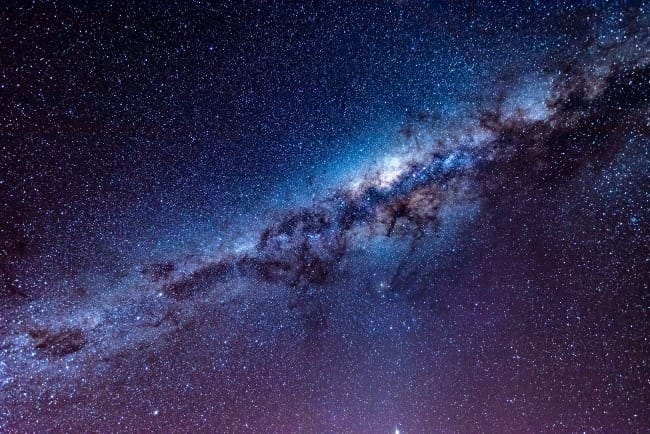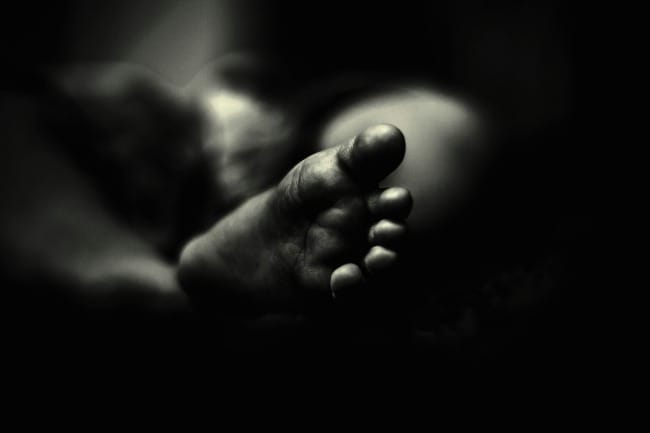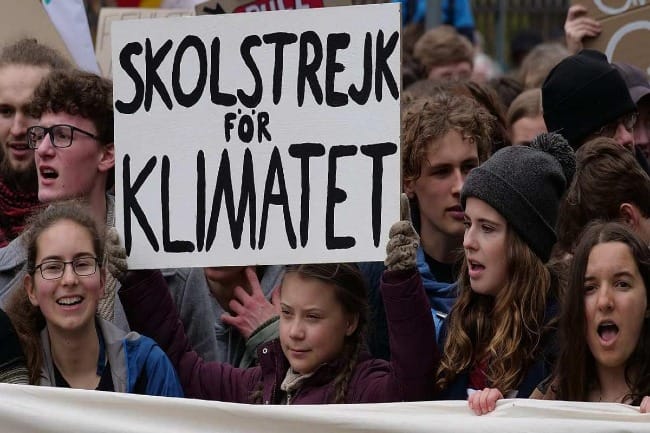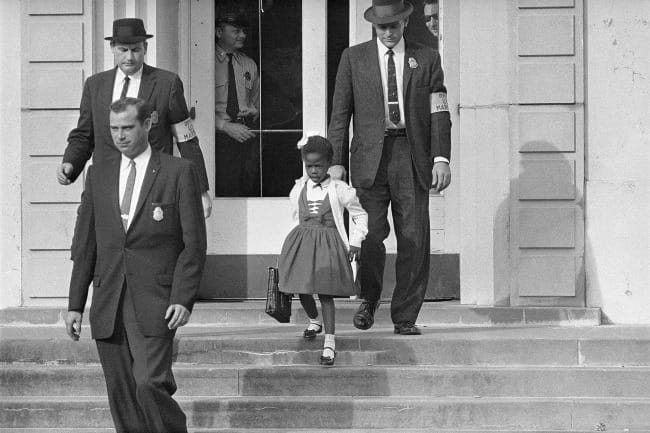Today I share a prayer from Progressive Judaism that is for the Shabbat (Sabbath). This prayer begins with thankfulness for the whole of Creation, moves inward with prayers for the earth, and then further inward to the concerns and business of human creatures. Through this movement we are reminded that humans are a part of creation and justice to other human creatures is part of creation-wide justice.
Each section ends with the words, "Modim anachnu lach" or "We thank you." Hadaah, which is part of the title, means gratitude, and is considered the most proper and basic attitude toward God. This makes sense since we are entirely dependent on this world and the God who sustains it for our existence. According to the Midrash (Jewish commentary), in the future all sacrifices will be nullified except the Thanksgiving Offering — because giving thanks will always be necessary. Is giving thanks the most fundamental part of your prayers?
As you read through the prayer, let the words and images generate specifics from your own experience for you to reflect upon and express thanks for. Instead of hearing the words abstractly, populate the prayer with your own images, personal reflections, and perspective. Name in your mind specific examples for which you can be grateful. If you cannot say "thank you," with conviction, pause and stay with the words, giving time to the task of recalling what you have to be grateful for until you are able to sincerely thank God for each of these things.
Shabbat Morning I, Hodaah
For the expanding grandeur of Creation,
Worlds known and unknown, galaxies beyond galaxies,
Filling us with awe and challenging our imaginations,
Modim anachnu lach.

For this fragile planet earth, its times and tides,
Its sunsets and seasons,
Modim anachnu lach.

For the joy of human life, its wonders and surprises,
Its hopes and achievements,
Modim anachnu lach.

For human community, our common past and future hope,
Our oneness transcending all separation, our capacity to work
For peace and justice in the midst of hostility and oppression,
Modim anachnu lach.

For high hopes and noble causes, for faith without fanaticism,
For understanding of views not shared,
Modim anachnu lach.

For all who have labored and suffered for a fairer world,
Who have lived so that others might live in dignity and freedom,
Modim anachnu lach.

For human liberties and sacred rites:
For opportunities to change and grow, to affirm and choose,
Modim anachnu lach.

We pray that we may live not by our fears but by our hopes,
Not by our words but by our deeds.
Blessed are You, Eternal One: Your name is Goodness, and You are worthy of thanksgiving.
Baruch atah, Adonai, hatov shimcha u-l’cha na-eh l’hodot.
Mishkan T'Filah, A Progressive Siddur, World Union for Progressive Judaism
Was there a part of this prayer that especially resonated with you? Perhaps the "fragile planet earth" or "faith without fanaticism?" One thing I notice is that the prayers are not framed as petitions—i.e., a request that the fragile planet would be protected or that faith would be without fanaticism—but as phrases of thanksgiving. The prayer doesn't lament the fragility of the planet, but expresses gratitude for the fragile planet that we have been given.
The prayer itself is an embodiment of the sentiment near the end, "We pray that we may live not by our fears but by our hopes." To live by our fears means to live in the fear of inhabiting a fragile planet instead of living in the hope that we can protect it if we work to do so; we are capable of making changes that would shield our planet from the dangers that threaten it. To live by our hopes leads to action that can make a difference, while living in fear can immobilize us.
The phrase that follows, "[We pray that we may live] Not by our words but by our deeds," echoes what we have already been reminded of in the prayer—it is the courageous sacrifices that people have made, not just what they have said or thought about things, that has made the world a fairer place to live.
It is easy to say things, harder to do things. It can be easy when we learn something about ourselves or the world to let the insight we have gained replace any action that might be required to follow through on that idea. For instance, to understand that there is discrimination is not to do anything to change that reality of discrimination. It is like looking in a mirror, seeing a reflection of ourselves in it, but going away and forgetting what we have seen.
1 John 3:18 says, "Dear children, let us not love with words or speech but with actions and in truth." As the prayer expresses, may we live out actions and truth, not just talk about them.
The prayer closes with the words, "Your name is Goodness, and You are worthy of thanksgiving," reminding us that ultimately, it is God we are grateful for. More than the gifts we receive or hope to receive from his hand, it is he who is good. And as the Midrash says, the appropriate response to this will always be gratitude.
Read through the prayer again, holding hope in your mind. Can you pray it all the way through, concentrating on thanksgiving and leaving the petition until the very end, applying the petition to yourself and how you respond to the gifts and circumstances around you?
Louise
Feel free to contact me directly at info@circlewood.online.
As a reminder, last week I invited readers to a hands-on reflection to the art of Andy Goldsworthy. In my next Thursday post, I will be including the photos you send of your creations, so if you've have something you can share, please send it to me by next Tuesday, the 28th.
